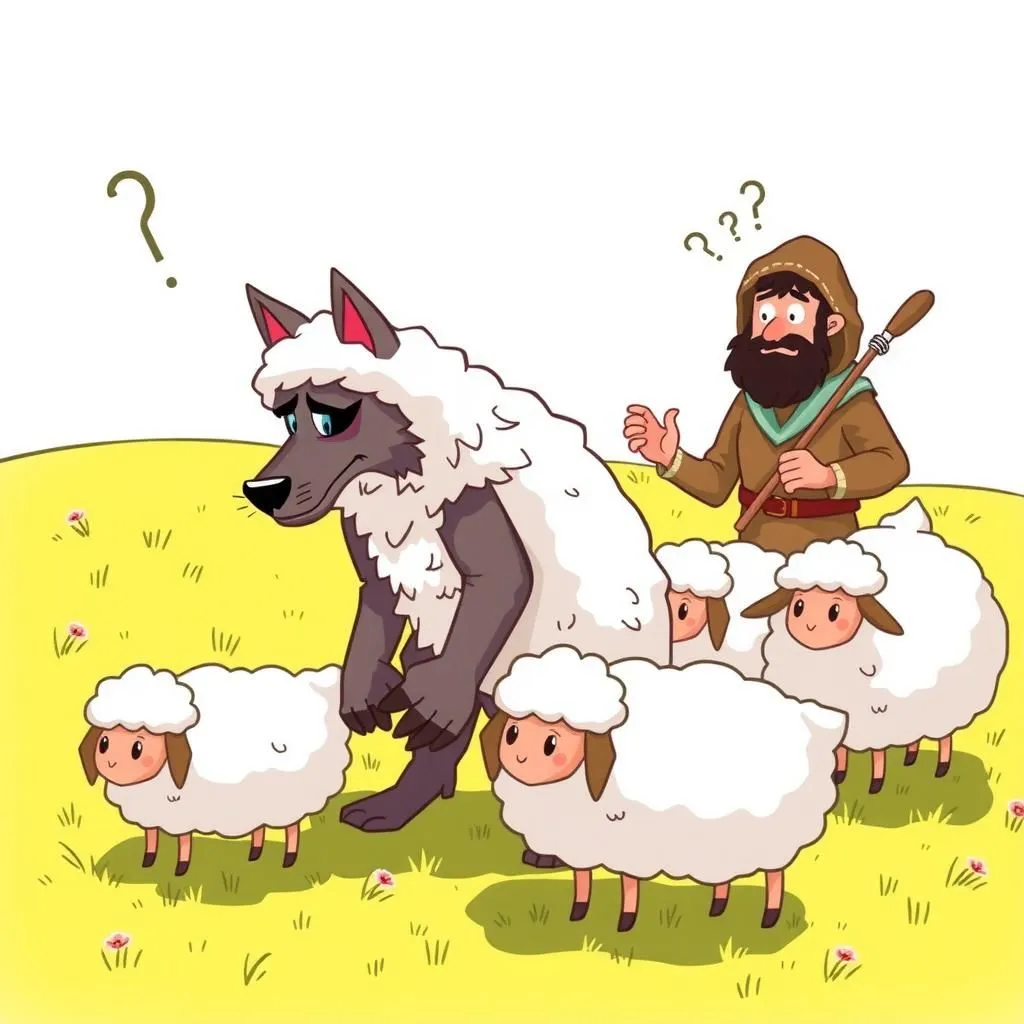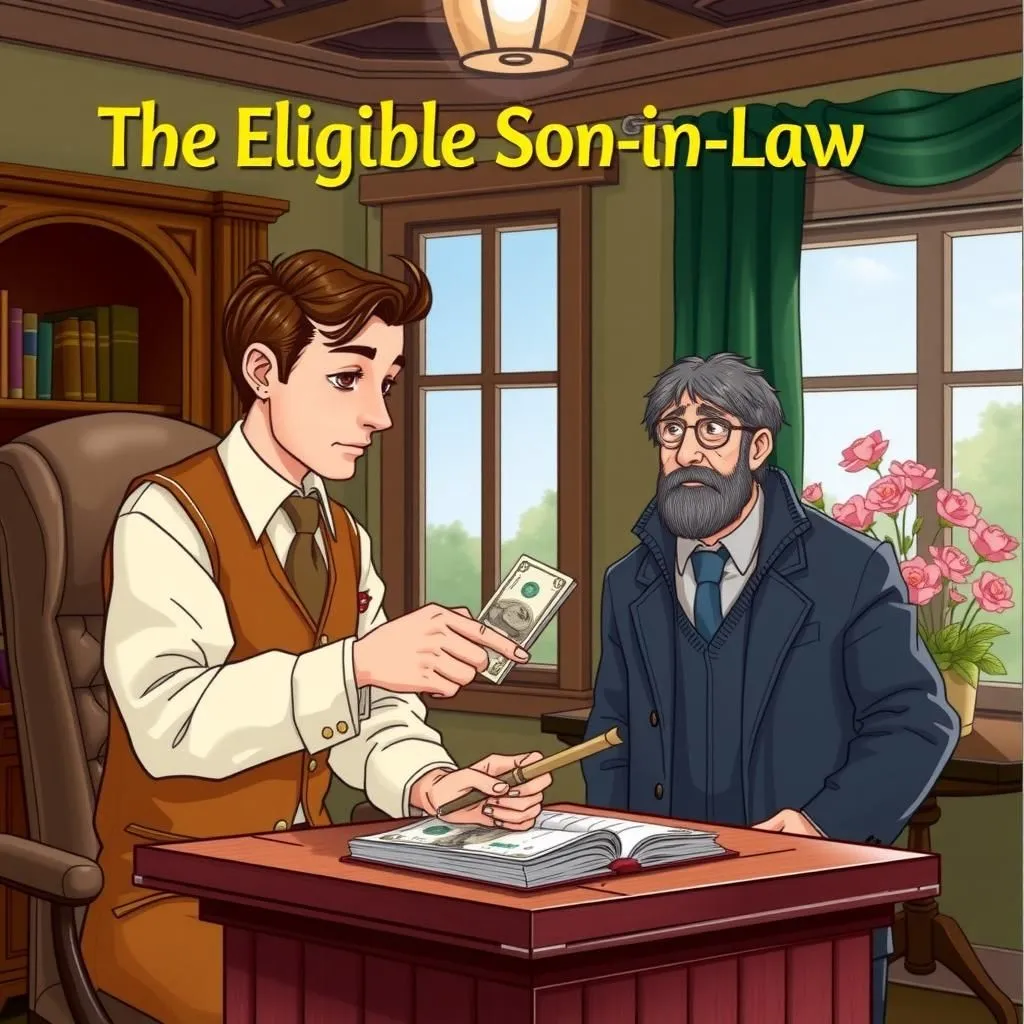
The Wolf in Sheeps Clothing
In this easy small story with a moral, a Wolf disguises himself in sheep's clothing to deceive the shepherd and gain access to the flock. However, his plan backfires when the shepherd, mistaking him for a sheep, kills him instead. This life-changing story illustrates that those who seek to harm others often end up facing harm themselves, reminding us of the importance of integrity.


